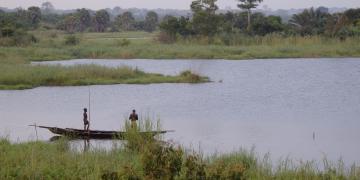Identifying and framing the transboundary decision problem
Identifying joint transboundary management objectives
Transboundary management options and external factors
Modelling transboundary consequences and trade-offs
Determining & implementing transboundary resource allocation
